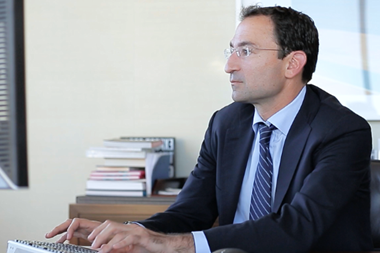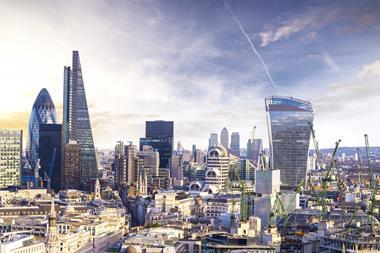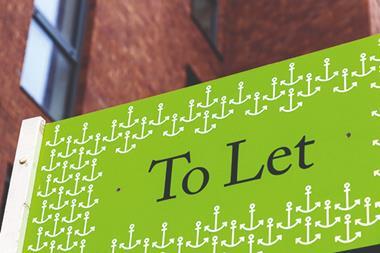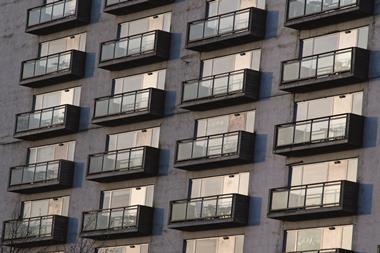Everyone is talking about how to revive the declining retail sector, from high streets to retail parks, from the top four supermarkets to retail banks.

The sector and beyond are all looking for innovative ways to better accommodate businesses and tempt shoppers back to the high street. But while many are left pondering how to rescue the sector, a new movement is changing what we eat and where we eat and, importantly, where we shop and what we buy. A temporary space solution dubbed ‘pop-up’ has been pioneered by innovative retailers and restaurateurs who are filling voids with smaller, often independent outlets, giving them the flexibility and space they need to flourish. Meanwhile, shoppers are benefiting from a greater variety of outlets to choose from, driving footfall.
A selection of big industry names are already embracing this ‘pop-up’ revolution, including Nike, Gap, Jamie Oliver and even Louis Vuitton. Coinciding with last year’s fashion week, Louis Vuitton ‘popped up’ at London’s Dover Street, driving new shoppers to the concept store and creating a whirlwind of excitement among loyal fans of the brand.
Landlords and building owners with under-utilised or empty office buildings can take heart from this renaissance. A closer look at the challenges office, retail and restaurant sectors face reveals there are some clear parallels between them all. A change in technology and the way people shop, work and live has changed the high street and our workplace environments forever.
Combined with restrictive letting terms, high-street landlords have also been affected by voids, another parallel, where landlords are often offering long, inflexible leases and are feeling the repercussions. Dividing them is how retailers and restaurants have evolved their business model to accommodate these changes. Many retail landlords have embraced the evolution of the industry, having acknowledged that this is not a blip and survival means adapting.
For a long time we have felt that there are a significant number of empty offices in the UK’s secondary sector across the country, with landlords and building owners hesitant to look at new ways to adapt their offerings. This has been highlighted by research we commissioned with Northumbria University. The sheer volume of empty office space nationwide is staggering. The report, Taking Stock: Secondary Opportunities and the Agile Future, looks at 16% of the current market and reveals that out of all empty stock in the 27 UK towns and cities surveyed, 90% is secondary and an estimated 26.4m sq ft of secondary office space is vacant. This is the equivalent of all office stock in Manchester and Glasgow combined.
These offices are often integral to local communities and their economy, retaining business and providing employment in the local area. Finding a solution to bring them back to life is critical. Like retail, we are slowly seeing some enlightened office landlords move to new ways to keep their buildings full and generating revenue. It is not easy - the sheer number and size of large corporate companies does not exist in the way it once did and technological advances have helped to enable mobile and flexible working, affecting demand for space. Start-ups and small businesses are a concern to risk-averse building owners and managing more, smaller tenants such as SMEs can be seen as costly and difficult.
So why aren’t more office owners introducing a temporary, pop-up element to their empty office buildings? In principle, the offering is similar to the tried-and-tested pop-ups in retail: empty buildings are filled with a temporary office created under the same roof. End-to-end management companies such as ours are now also taking on the hassle and, by all intents and purposes, are creating their own temporary business centres in a building and managing it all, from fit-out to attracting and managing the SME customers of the new economy. This more flexible and short-term approach enables landlords to finally capitalise on the thriving SME sector without the risk or work.
The pop-up movement has breathed new life into retail; it’s time offices embraced this new era.
Steve Jude is chief executive of Citibase
































No comments yet